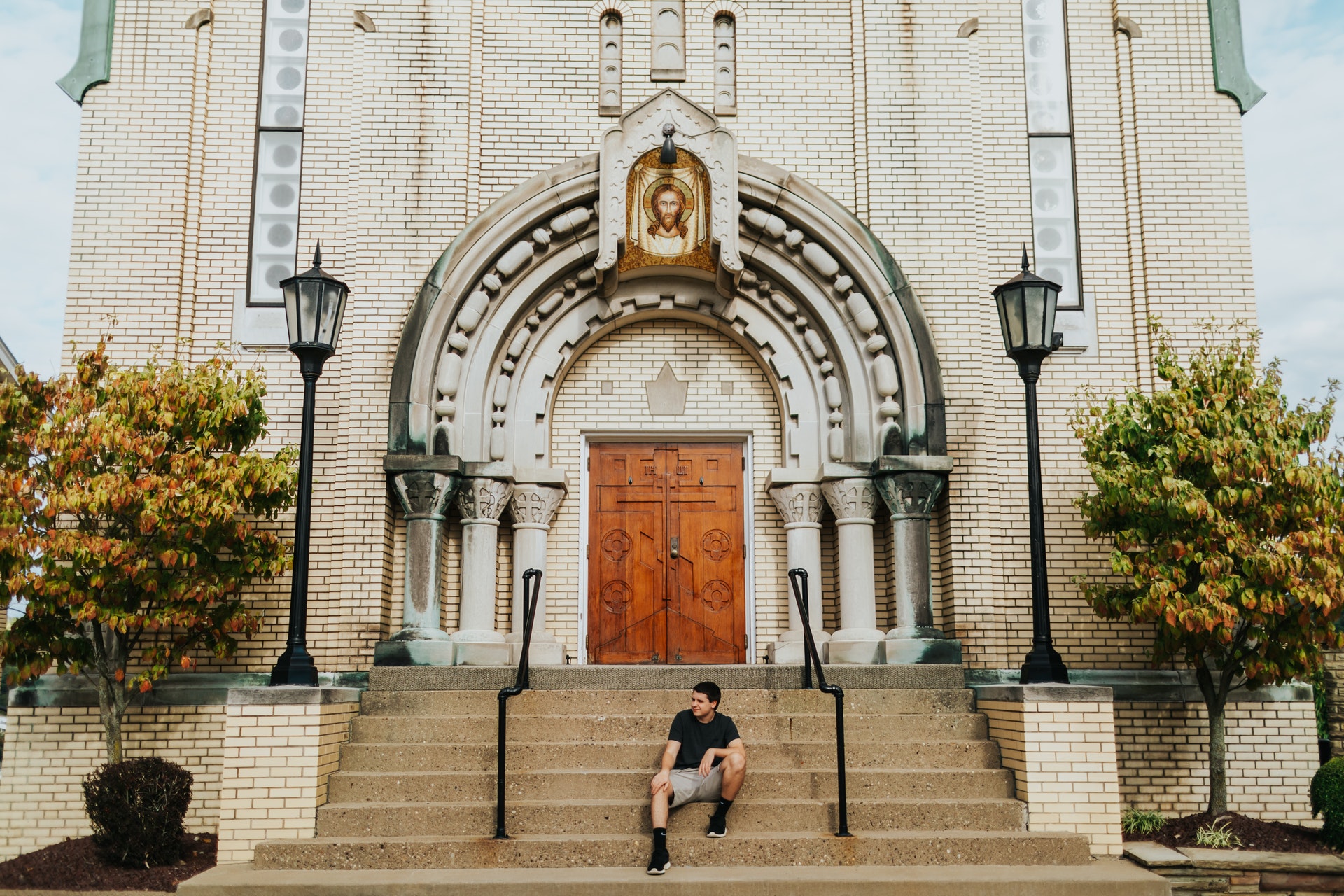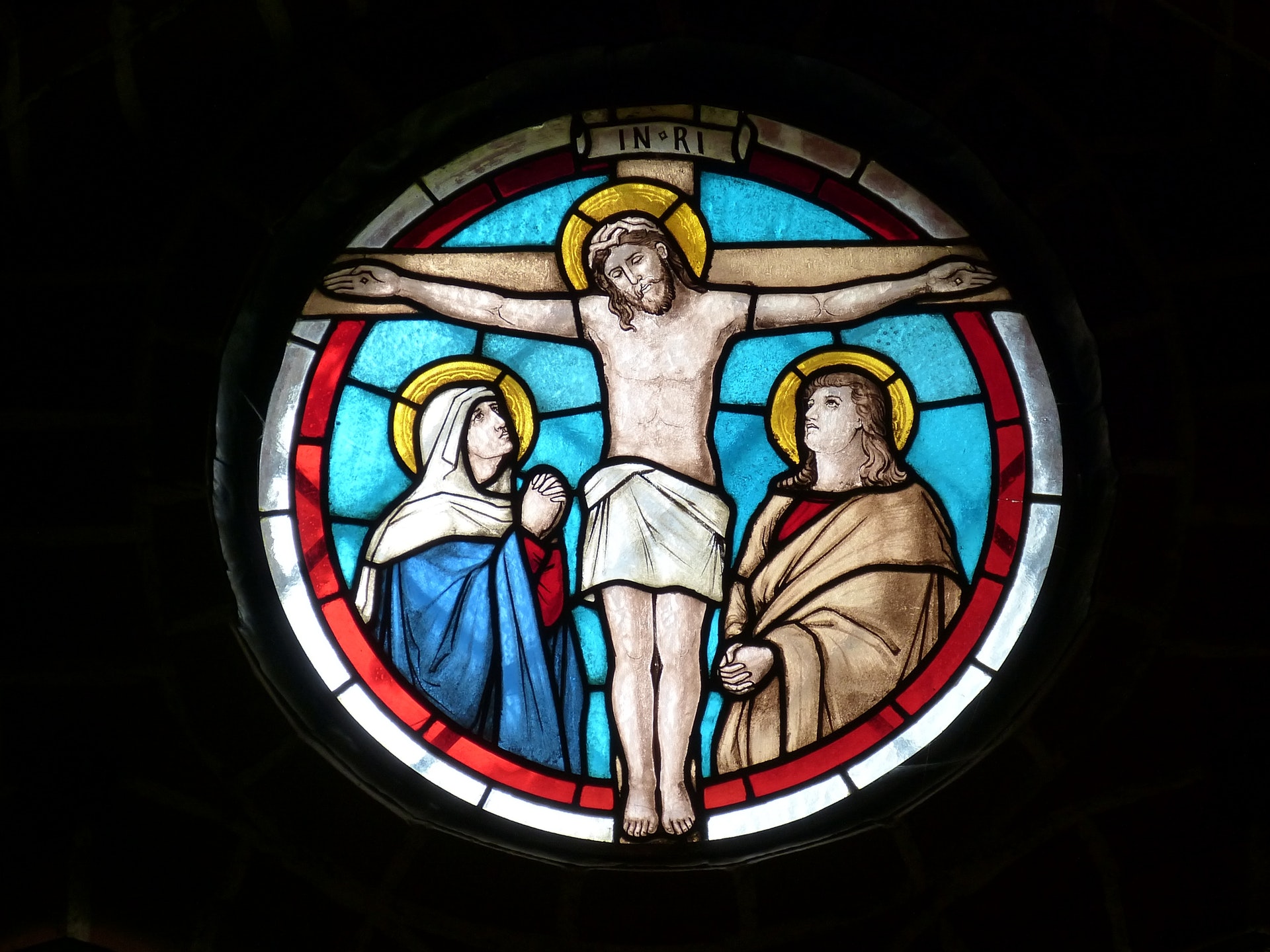Tag: dechristianization
-

Dechristianizing Yourself: Building Practice as a New Pagan
Categories: ArticlesTags: dechristianizationMoving from a belief-based religion to a practice-based religion can be daunting, especially for those with little experience with personal spiritual practice to begin with. Shifting away from a system where your thoughts and feelings rather than your actions define your spirituality can be very empowering, but some people may worry — as I did…
-

Dechristianizing Yourself: Making Peace With Unwanted Beliefs
Categories: ArticlesTags: dechristianizationPaganism is largely a religion of converts, and those converts generally come from some sect of Christianity. While it’s true that Wicca and other Pagan paths are now old enough that it’s possible for children and grandchildren to have been raised in the religion or to have come to Paganism from strong folk-religious backgrounds, that…
-

Dechristianizing Yourself: Making Peace with Jesus
Categories: ArticlesTags: dechristianizationOne of the things that is most difficult for new Pagans about leaving Christianity is the expectation that must they leave behind their relationship with the Christian pantheon. But I have found that this method of thinking is counterproductive at best and willfully ignorant at worst. After all, if you’re entering a spiritual movement that…
-

Dechristianizing Yourself: The Difference Between Belief and Practice
Categories: ArticlesTags: dechristianizationMost people who come to Paganism from a Christian context are familiar with the idea of unified belief. Some of them are attracted to Paganism because the movement lacks a strong core of shared beliefs; others find this concept unsettling in its unfamiliarity. What differentiates Paganism from Christianity is its focus on practice rather than…
-

Dechristianizing Yourself: Addressing Church-Related Trauma
Categories: ArticlesTags: dechristianizationSome people leave the Christian faith because they have been traumatized by the beliefs of the church or by leaders or other trusted people within it. These traumas can affect people for years afterward if left unresolved, even if they seek a new faith path in the Pagan movement. While healing from these traumatic experiences…
